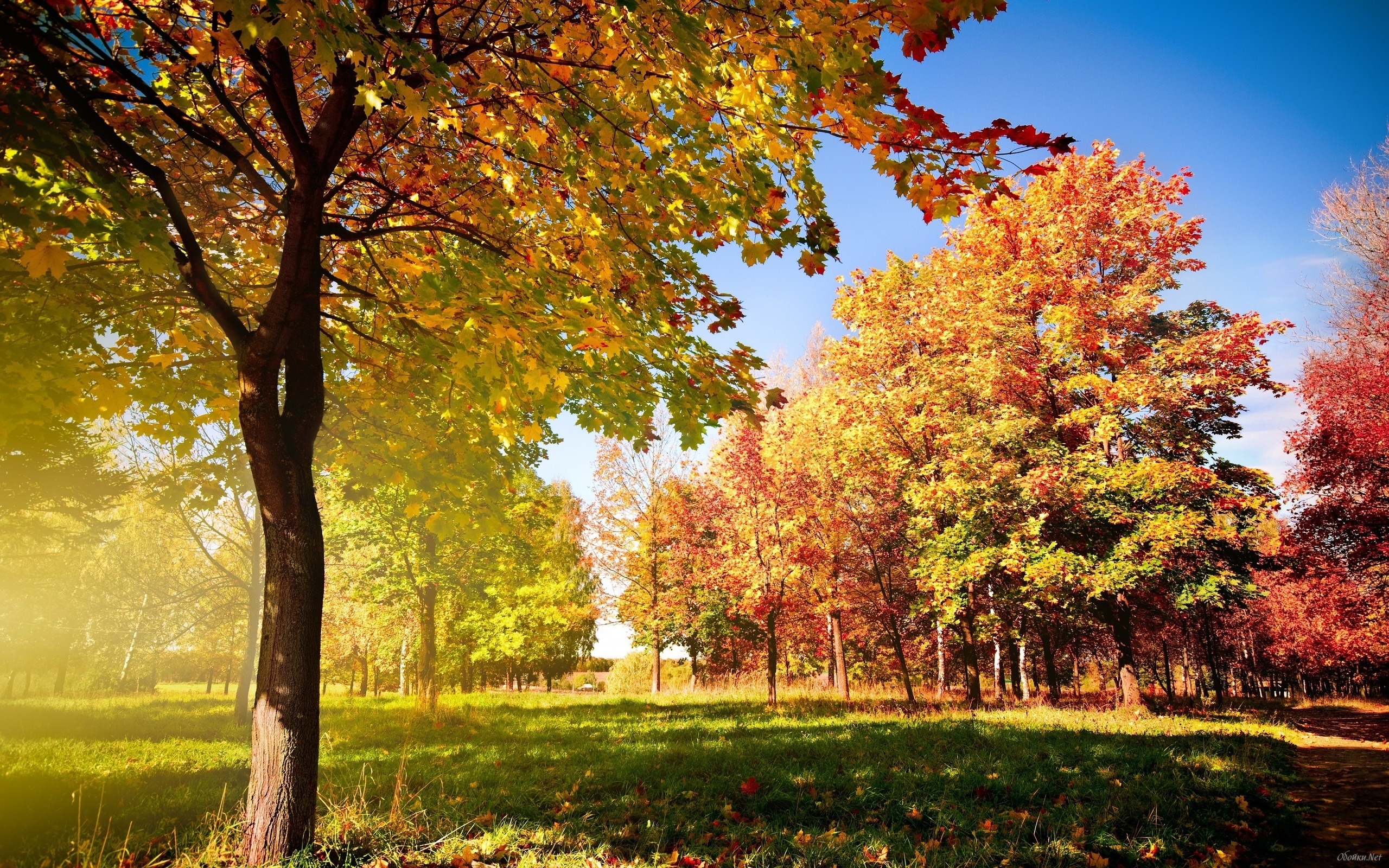The English romantic poet John Keats described autumn as the “Season of mists and mellow fruitfulness.” Keats was twenty-four when he wrote “To Autumn,” and then, adhering to the romantic code of conduct, promptly died of consumption. Which explains a lot about the poem’s tranquil tone: Clearly, Keats’ relationship with autumn was that of a non-parent.
I sometimes wonder what would have happened if Keats had lived. If he were middle-aged and married – with children – when he sat down to memorialize his relationship with the fall.
Season of science projects and endless laundry piles, I imagine him writing. Then, scratching through and starting again, Season of soccer tournaments and backseat bickering. And finally, Season of opium and absinthe, oh, man, now I feel very mellow and fruitful.
Not, of course, that I would ever endorse opiates and wormwood spirits as coping mechanisms for autumn’s madness. But wouldn’t it be nice if, like Keats, we were able to connect a little bit more with the season’s notion of harvest and blessings? Autumn, is, after all, the season in which the earth rewards the farmer for his labors. It’s no coincidence that Thanksgiving falls in November. Any ancestral party planner who tried to throw a Thanksgiving in February would have quickly been stockaded.
Most of us, certainly, have lost the farmer’s direct connection to the seasonal cycles. The harvest is always laid up on supermarket shelves, eternally ripe and ready for easy plucking. The rapid-fire pace of family life is about as opposite as one could imagine from the “mellow fruitfulness” of a season’s labors well-done.
How, then, to allow a little bit of this thankfulness to filter into our over-stimulated brains? And more important, how to open our children to a sense of appreciation for the abundance that permeates their lives?
I’ve got two ways not to do it.
The first way not to open your children to thankfulness is to base it on guilt. Consider the following exchange:
Child: I hate this (insert unloved food item).
Parent: You should be thankful for what you have.
Did you know there are starving children in (insert impoverished nation)?
Anyone who is a parent has used this at one time or another, but let’s face facts: You are not really trying to get them to feel thankful. You are trying to get them to stop complaining and eat their (insert obscenity) (insert unloved food item). But you achieve neither thankfulness nor compliance. What you really accomplish is making your child feel guilt, while at the same time wishing they could express-ship their dinner plate – and their parents – to (insert impoverished nation).
The second way to open your children to thankfulness is to live in a fantasy world. For example, if you say, The first step is to take some time out of your busy schedule to appreciate life’s blessings, I will personally find you and club you with my family’s day planner.
I’m sorry, but the truth is, we are not going to come to thankfulness. Thankfulness must come to us. Sure, one day I will take my family on a retreat to a monastic enclave where we adopt mantles of poverty, silence, and antidisestablishmentFaceBookism. Where we fast and meditate until our soulful chalices are overflowing with a full measure of thankfulness. I’ve got that scheduled right here, in the half-hour between my appointment to be fitted with my anti-gravity boots, and my great-granddaughter’s lacrosse game against the Polaris Penguins. In the meantime, about the best we can hope for is to find a way to weave thankful-ness into the busy-ness that defines our familial lives–without amping up the guilt.
Take soccer games. (Really, take a few of ours – we have plenty to spare for everyone.) What do we say to our children before the game, to pump them up, to get them in the mood to go out and win, win, win? We say, Go get ‘em, Big Guy! Or we say, Hundred percent today! Leave it all on the field! Or we say, Scholarship, baby! This is your ticket!
But what if we said something completely different? What if we said, Play with joy! Or we said, Feel yourself run! Be happy to have legs that work and a healthy body!
I can tell you what would happen. Our children would look at us as if we had been nipping at Keats’ absinthe. I know this because I have said these things to my children before games. And I can tell you that it does make them thankful. Thankful that I am standing on the other side of the field from them, where they can pretend not to know who I am.
Let’s all take a vow. One fine day this November, in the few steps between the house and car, as we rush our children to their next engagement, let’s vow to stop for a moment, sweep our arms across the crisp cerulean dome of the sky, and the shimmering wisdom of autumn leaves glowing like embers on the trees, and exclaim, “Ah! Season of mists and mellow fruitfulness!”
I promise you, this will get your children’s attention. And perhaps they will actually look around long enough to see what in the world you are talking about. Of course, the next second they will be texting My dadz a dork to all of their friends, but that’s okay. If you’ve startled them, even for a moment, into looking around, you’ve done good.




